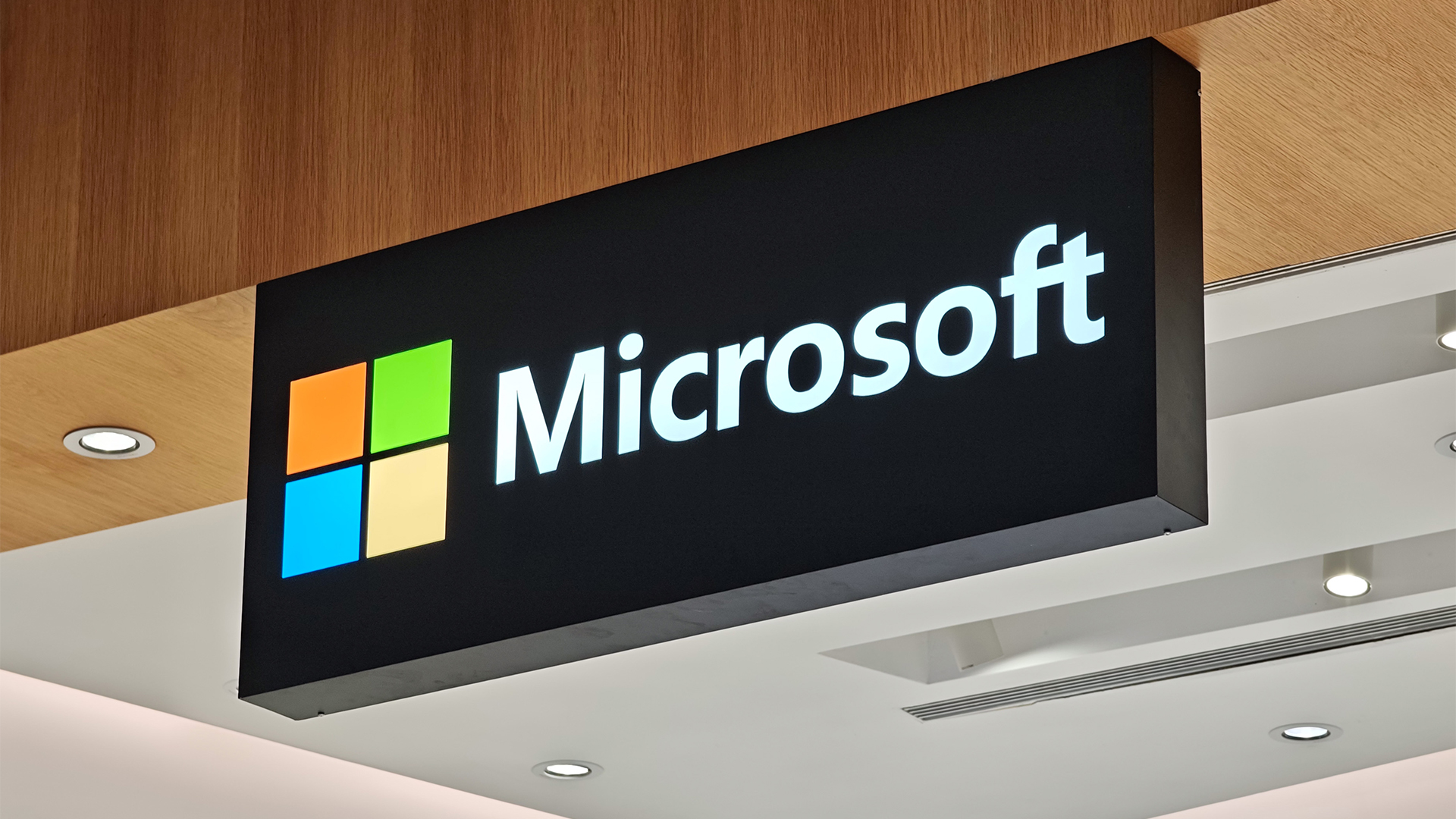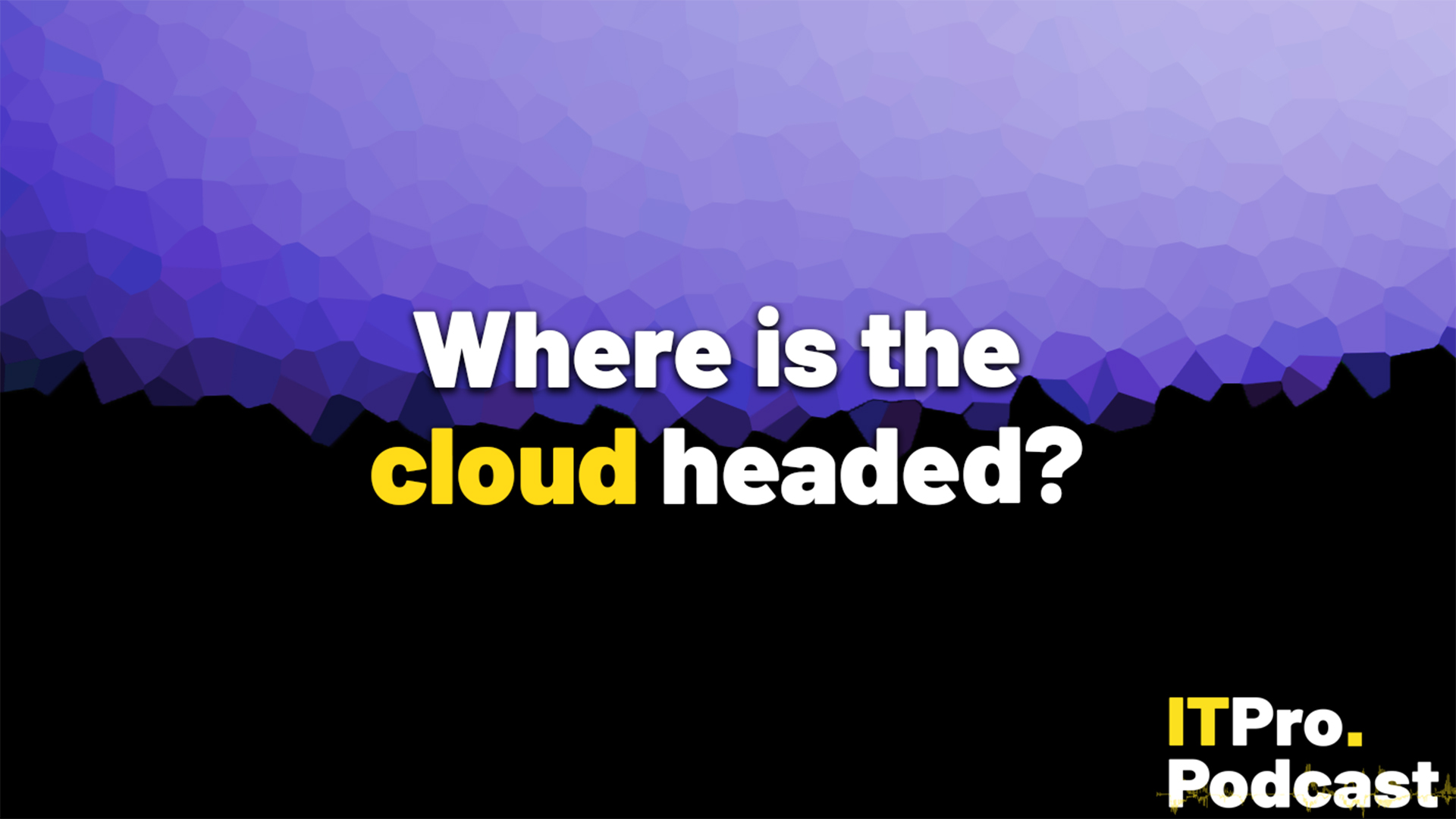Microsoft: Private cloud still has a place in enterprise IT
Software giant insists private cloud still has role to play in enterprise IT strategies

Microsoft has reinforced its commitment to helping users make the most of their private cloud investments, despite repeatedly banging the drum for hybrid deployments in recent days.
The software giant has spent much of its TechEd conference in Houston, Texas, emphasising the business benefits of taking a hybrid approach to cloud deployments.
In Microsoft's case, this means allowing end users to expand their on-premise capabilities by drawing on the IT capacity of its public cloud service Azure.
Speaking to IT Pro, Mike Schutz, general manager for product management within Microsoft's server and cloud division, said this strategy seems to be appreciated by customers who have invested vast sums of money in on-premise technologies.
"Public cloud is a hot topic for a number of years now, and what we find is that for customers because of their investments in their existing on-premises infrastructure and their desire to use the public cloud hybrid cloud ends up being the perfect choice for them," he explained.
"Because of flexibility, they can choose what workloads they choose to put in the public cloud and which ones to put on premises."
However, while talk about hybrid and public clouds being the future of enterprise IT have dominated discussions at the event, this doesn't mean the private cloud doesn't have a role to play.
Sign up today and you will receive a free copy of our Future Focus 2025 report - the leading guidance on AI, cybersecurity and other IT challenges as per 700+ senior executives
Particularly, Schutz claims, because many users have gone down the virtualisation route, but are yet to fully realise the benefits of private cloud.
"Most customers have virtualised their servers, and have virtual machines, but they still don't operate those like a cloud. They're still siloed, they haven't built a shared infrastructure that incorporates software-defined networking [or] storage ... and that's what we're really working with customers on," he said.
"We're really working a lot to build out a cloud in their own environment and many of them are on their journey to do that. But, at the same time, they're very interested in using the public cloud."
This was a view backed by Corey Sanders, group manager for Microsoft Azure and the firm's IaaS activities, during a separate briefing with IT Pro at the event.
He said end users want to keep using their on-premise assets while taking advantage of the business agility benefits offered by the public cloud, which is why the hybrid model appeals.
However, that doesn't mean the use of private cloud as an IT delivery model is set to decline.
"We find the energy around that hybrid connection growing," he said.
"So I can't speak to a decline for the private cloud, but I can definitely speak to an increase in hybrid usage between private, public and hosted clouds and the expectations of managing and connecting in [similar] ways."
-
 Microsoft wants to replace C and C++ with Rust by 2030
Microsoft wants to replace C and C++ with Rust by 2030News Windows won’t be rewritten in Rust using AI, according to a senior Microsoft engineer, but the company still has bold plans for embracing the popular programming language
-
 Google drops $4.75bn on data center and energy firm Intersect
Google drops $4.75bn on data center and energy firm IntersectNews The investment marks the latest move from Google to boost its infrastructure sustainability credentials
-
 Cloud infrastructure spending hit $102.6 billion in Q3 2025 – and AWS marked its strongest performance in three years
Cloud infrastructure spending hit $102.6 billion in Q3 2025 – and AWS marked its strongest performance in three yearsNews Hyperscalers are increasingly offering platform-level capabilities that support multi-model deployment and the reliable operation of AI agents
-
 Dell Technologies targets private cloud gains with new Azure Local features
Dell Technologies targets private cloud gains with new Azure Local featuresNews Dell and Microsoft are teaming up to offer private cloud on Azure Local for a simplified hybrid solution
-
 Microsoft’s new ‘marketplace’ lets customers pick and choose cloud, AI solutions
Microsoft’s new ‘marketplace’ lets customers pick and choose cloud, AI solutionsNews The Microsoft Marketplace looks to streamline customer access to AI and cloud services
-
 Is AWS' cloud dominance waning? New stats show the hyperscaler's IaaS market share is decreasing while Microsoft and Google record gains
Is AWS' cloud dominance waning? New stats show the hyperscaler's IaaS market share is decreasing while Microsoft and Google record gainsNews AWS maintained its lead in the IaaS market last year, but its share decreased while Microsoft and Google recorded gains.
-
 ‘Misses the mark’: Microsoft, AWS hit out at CMA cloud competition report
‘Misses the mark’: Microsoft, AWS hit out at CMA cloud competition reportNews The CMA claims Microsoft and AWS are harming competition – the duo strongly disagree
-
 US companies dominate the European cloud market – regional players are left fighting for scraps
US companies dominate the European cloud market – regional players are left fighting for scrapsNews Synergy data shows EU providers hold just 15% of the market despite rise in AI and drive for cloud sovereignty
-
 What the new Microsoft Sovereign Cloud push means for European customers
What the new Microsoft Sovereign Cloud push means for European customersNews The tech giant is bolstering protections for regional users using public and private cloud services
-
 Where is the cloud headed?
Where is the cloud headed?ITPro Podcast UK businesses are balancing cloud migration with AI adoption and demands for data sovereignty